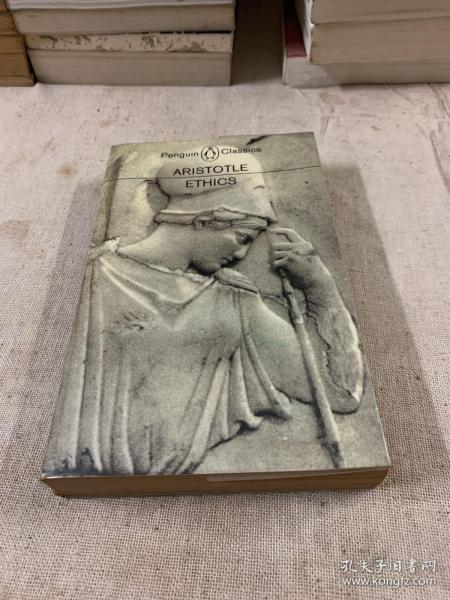Aristotle Ethic: A Comprehensive Overview
Aristotle, one of the most influential philosophers in history, has left an indelible mark on the field of ethics. His ethical theories, particularly those outlined in his work “Nicomachean Ethics,” continue to be studied and debated today. In this article, we will delve into the various dimensions of Aristotle’s ethics, exploring his concepts of virtue, happiness, and the role of reason in human life.
The Concept of Virtue
Aristotle’s ethics is centered around the concept of virtue. He defines virtue as the mean between two extremes, which he calls vice. For example, courage is the mean between cowardice and recklessness. Virtue is not about being extreme or conforming to societal norms, but rather about finding the balance that allows individuals to live a fulfilling life.

According to Aristotle, there are two types of virtue: moral virtue and intellectual virtue. Moral virtue pertains to our actions and character, while intellectual virtue pertains to our reasoning and understanding. Both types of virtue are essential for achieving eudaimonia, or happiness.
Eudaimonia: The Goal of Human Life
Eudaimonia is the ultimate goal of human life, according to Aristotle. It is often translated as happiness, but it is a more nuanced concept. Eudaimonia is the fulfillment of one’s potential, achieved through the exercise of virtue and the pursuit of a life that is both virtuous and meaningful.
Aristotle argues that eudaimonia is not a fleeting emotion, but rather a state of being. It is achieved by living in accordance with reason and virtue, and by engaging in activities that are both virtuous and fulfilling. This includes the pursuit of knowledge, the cultivation of friendships, and the fulfillment of one’s responsibilities.
The Role of Reason in Human Life
Aristotle believed that reason is the defining characteristic of humans. He argued that humans are rational beings, capable of understanding and making choices based on their understanding of the world. This rationality is essential for achieving eudaimonia, as it allows us to make informed decisions and live virtuously.

According to Aristotle, reason is not only responsible for our actions, but also for our understanding of virtue and happiness. It is through reason that we can discern what is virtuous and what is not, and it is through reason that we can pursue eudaimonia.
The Role of Education in Aristotle’s Ethics
Aristotle placed great emphasis on the importance of education in the development of virtue and the pursuit of eudaimonia. He believed that education should be aimed at cultivating both moral and intellectual virtue, and that it should be accessible to all individuals, regardless of their social status.
According to Aristotle, education should be a lifelong process, beginning in childhood and continuing throughout one’s life. It should be designed to develop the individual’s reasoning abilities, as well as their moral character. By doing so, education can help individuals achieve eudaimonia and live a fulfilling life.
The Influence of Aristotle’s Ethics on Modern Ethics
Aristotle’s ethics has had a profound influence on the development of modern ethical theories. His concepts of virtue, happiness, and the role of reason continue to be studied and debated by philosophers today. Many modern ethical theories, such as virtue ethics and utilitarianism, draw heavily on Aristotle’s work.
While modern ethics has evolved beyond Aristotle’s original theories, his work remains a foundational text in the field. It continues to provide valuable insights into the nature of human life, the role of virtue, and the pursuit of happiness.
Table: Key Concepts in Aristotle’s Ethics
| Concept | Description |
|---|---|
| Virtue | The mean between two extremes, representing the balance between vice and virtue. |
| Eudaimonia | The ultimate goal of human life, achieved through the exercise of virtue and the pursuit of a meaningful life. |
| Reason | The defining characteristic of humans, essential for understanding virtue and pursuing eudaimonia. |
| Education | The process of cultivating moral and intellectual virtue, essential for achieving eudaimonia. |
In conclusion, Aristotle’s ethics offers a rich and complex



